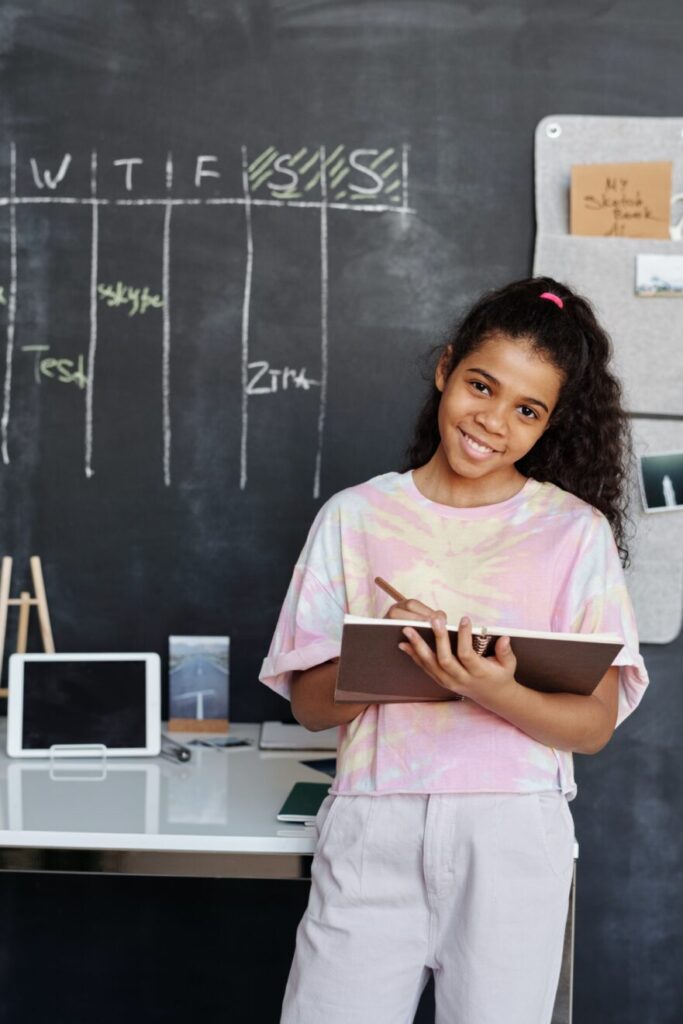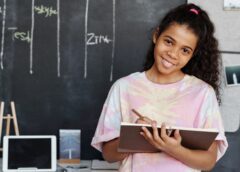
Lee esta historia en español aquí.
NASA is calling on all sixth through 12th-grade educators and students to submit experiments for possible suborbital flights as a way of gaining firsthand experience with the design and testing process used by NASA researchers.
Calling on all Sixth through 12th-grade Educator and Student
The NASA TechRise Student Challenge invites students to design, build, and launch experiments on suborbital rockets and high-altitude balloons. The challenge aims to inspire a deeper understanding of Earth’s atmosphere, space exploration, coding, electronics, and the value of test data.
“Central to NASA’s mission is inspiring and educating the workforce of the future. The research areas students can explore through TechRise are endless, from technology to better understand our planet to innovative systems for deep space exploration, said NASA Administrator Bill Nelson. “We hope to see entries from students across the country, showcasing the diverse talent and ideas of the next generation.”
Guided by an educator, student teams affiliated with U.S. public, private, and charter schools can develop and submit creative experiment ideas. The entry period is open until Nov. 3, 2021.
Each winning team will receive $1,500 to build their experiment and an assigned spot to test it on a NASA-sponsored suborbital flight operated by Blue Origin, UP Aerospace, or Raven Aerostar.
Flying experiments on suborbital rockets and high-altitude balloons takes technologies from ground-based laboratories into relevant testing environments. The flights replicate microgravity, solar exposure, radiation, extreme temperatures, vacuum, and intense vibrations. Understanding how payloads respond to these conditions allows researchers to validate their designs and adjust or make improvements as needed.
To enter the competition, teams should submit their experiment ideas online using the TechRise proposal framework. NASA plans to announce the competition winners in January 2022. The selected student teams will build their experiments and watch them take flight in early 2023.
Take a virtual field trip
NASA and Future Engineers, the challenge administrator, will host a TechRise virtual field trip Friday, Sept. 24, to share more information about the challenge and inspire research questions and experiment ideas.
Educators and students can tune in to hear from NASA experts and special guest Dr. Raven Baxter, also known as Dr. Raven the Science Maven, and explore on-demand educational content at their own pace. Interested participants can register online. In addition, various resources on the challenge website aim to help students choose a vehicle and plan experiments on topics ranging from climate to remote sensing to microgravity research.
“It’s an honor to be part of the virtual field trip, and I can’t wait to work directly with students who will build and test designs that will explore microgravity,” said Baxter. “Our goal is to inspire them, and I’m sure their ideas will inspire us.”
Volunteer to judge
NASA is also seeking volunteers to help judge the entries. U.S. residents with expertise in engineering, space, and/or atmospheric research who are interested in reviewing NASA TechRise submissions can apply to be a judge here.
For challenge details, visit:
https://www.futureengineers.org/nasatechrise
NASA’s Flight Opportunities program, based at the agency’s Armstrong Flight Research Center in Edwards, California, manages the challenge. The program is part of NASA’s Space Technology Mission Directorate.
Source: NASA
NASA Announces Challenge Seeking Innovative Ideas to Advance Missions


